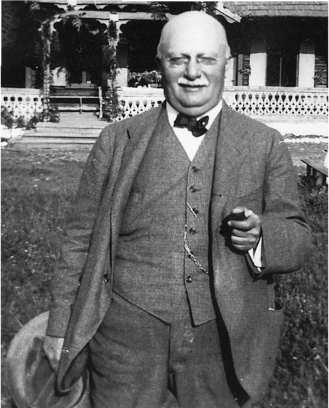József Vészi on:
[Wikipedia]
[Google]
[Amazon]
 József Vészi, (born: Joseph Weiss; November 6, 1858, Arad – January 23, 1940,
József Vészi, (born: Joseph Weiss; November 6, 1858, Arad – January 23, 1940,
''Hungarian Literature''
The YIVO Encyclopedia of Jews in Eastern Europe * {{DEFAULTSORT:Veszi, Joseph Hungarian Jews Hungarian journalists 1858 births 1940 deaths Journalists from Austria-Hungary
 József Vészi, (born: Joseph Weiss; November 6, 1858, Arad – January 23, 1940,
József Vészi, (born: Joseph Weiss; November 6, 1858, Arad – January 23, 1940, Budapest
Budapest (, ; ) is the capital and most populous city of Hungary. It is the ninth-largest city in the European Union by population within city limits and the second-largest city on the Danube river; the city has an estimated population ...
) was a Hungarian writer, journalist, poet, translator, editor and deputy; born at Arad 6 November 1858, died 1940. He was educated at the gymnasium of his native town, and studied philosophy, literature, and languages at Budapest
Budapest (, ; ) is the capital and most populous city of Hungary. It is the ninth-largest city in the European Union by population within city limits and the second-largest city on the Danube river; the city has an estimated population ...
. In his early youth he was a poet, and in the 1870s his lyrical productions were accepted by the best literary periodicals, while two volumes of his verses were published at Budapest in 1880 under the titles ''A Bánat Dalaiból'' and ''Traviata, Dalok Egy Tévedt Nőhöz''. Since 1877 he devoted himself to journalism
Journalism is the production and distribution of reports on the interaction of events, facts, ideas, and people that are the "news of the day" and that informs society to at least some degree. The word, a noun, applies to the occupation (profes ...
, advocating liberal views. He was for some time editor of the ''Budapester Tagblatt,'' and contributed leaders and stories to the ''Pester Lloyd''. In 1894, he became editor-in-chief of the ''Pesti Napló
''Pesti Napló'' was a Hungarian newspaper published from March 1850 to October 1939. The paper was based in Budapest, Hungary.
The Hungarian author Zsigmond Kemény
Baron Zsigmond Kemény (June 12, 1814December 22, 1875) was a Hungarian a ...
,'' and in 1896 he founded the ''Budapesti Napló''.
Vészi was president of the journalistic club of Budapest, and vice-president of the picture salon and of the club of amateur musicians in that city. He was also master of the masonic lodge "Reform." In 1899, he was elected to the Hungarian Parliament from the district of Szászsebes ( Sebeş); and in 1901, from the third district of the capital. He took an active interest in all Jewish affairs.
The most enduring feat of his career, however, was his discovery of new talent. He brought the poet Endre Ady
Endre Ady (Hungarian: ''diósadi Ady András Endre,'' archaic English: Andrew Ady, 22 November 1877 – 27 January 1919) was a turn-of-the-century Hungarian poet and journalist. Regarded by many as the greatest Hungarian poet of the 20th century ...
to Budapest and secured both a livelihood and the possibility of publication for him; it was to Vészi’s daughter, Margit — later the wife of Ferenc Molnár — that Ady wrote the poem cycle ''Margita élni akar'' (Margitta Wants to Live; 1912); Vészi’s other daughter was married to the writer Lajos Bíró
Lajos Bíró (; born Lajos Blau; 22 August 1880 – 9 September 1948) was a Hungarian novelist, playwright, and screenwriter who wrote many films from the early 1920s through the late 1940s.
Life
He was born in Nagyvárad, Kingdom of Hunga ...
. Details of the autobiography of his granddaughter, Márta Molnár (poet György Sárközi
György Sárközi (1899–1945) was a Hungarian poet, translator and writer, and contributor to the literary review ''Nyugat'', then to the journals ''Pandora'' (1927), ''Válasz'' (1935–1938) and ''Kélet Népe'' (1939). As he was Jew
...
’s wife), paint a lively picture of the colorful bourgeois Jewish salons in Budapest.Ágnes Széchenyi, ''Márta Molnár'' (2004)
References
''Hungarian Literature''
The YIVO Encyclopedia of Jews in Eastern Europe * {{DEFAULTSORT:Veszi, Joseph Hungarian Jews Hungarian journalists 1858 births 1940 deaths Journalists from Austria-Hungary